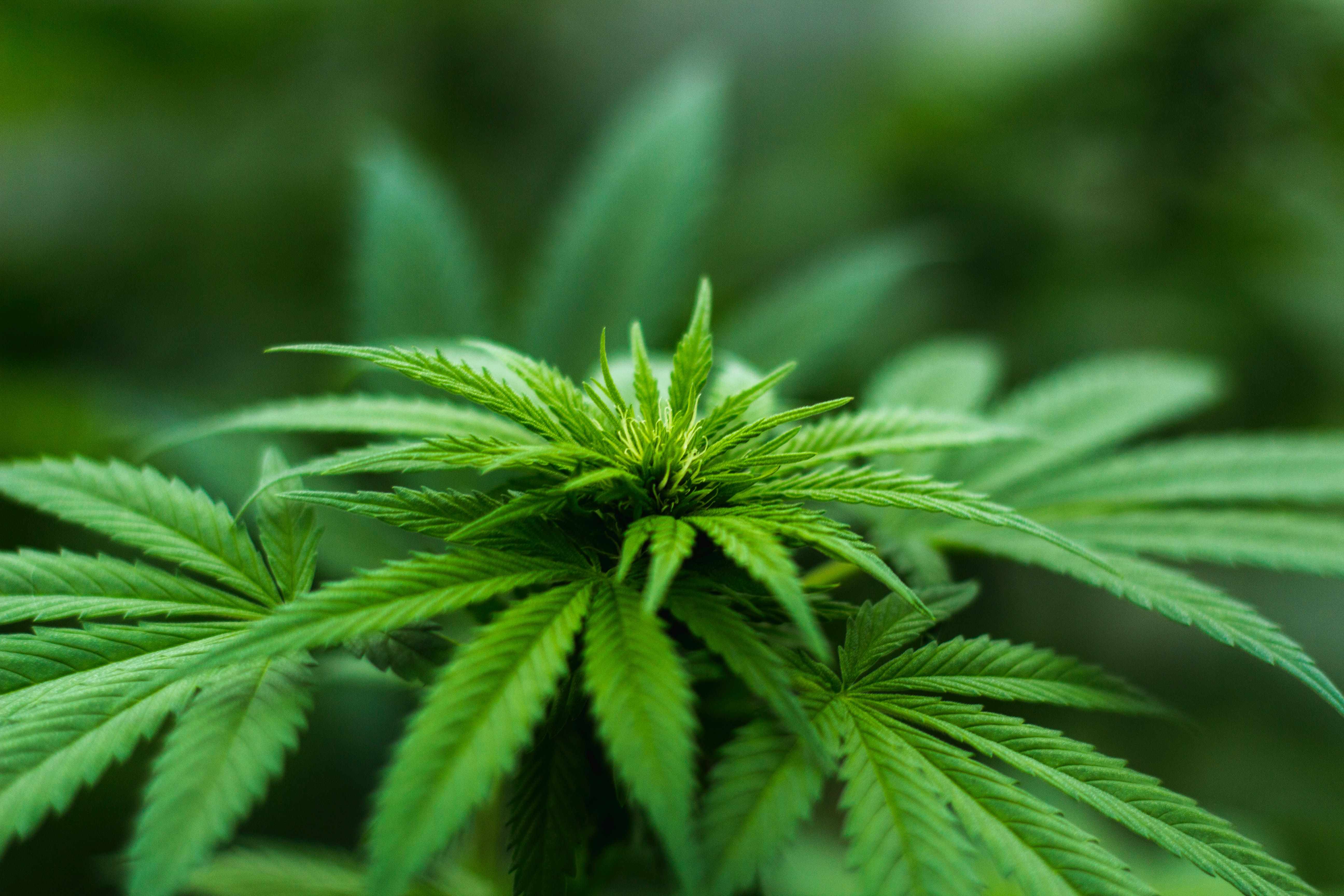Under the 2014 Federal Farm Bill, hemp cultivation is allowed to be undertaken by States as part of an approved agricultural pilot program. Despite many other federal laws banning cultivation and use of hemp, the Farm Bill created this carve-out and a new opportunity for entrepreneurs and farmers in States that adopted the pilot programs. Luckily, Wisconsin is one of those states! This post will provide a high level overview of the requirements to participate in the Wisconsin pilot program and other potential issues to keep in mind.
Basic Requirements for Participation
- License and Fees. Participants must register and receive a license to operate from the Wisconsin Department of Agriculture and Consumer Protection. Application materials will be available for the 2019 Crop Year beginning November 1st, and all applications must be submitted by December 31st (only a 2 month period!). Each participant must also pay the required license fee(s).
- Research Plan. Each participant must develop a “research plan\agreement” and submit it as part of their application. Because Wisconsin’s program must comply with Federal law and be part of an approved “agricultural pilot program”, in order to take part, Participants must be conducting “research” of some kind. “Research” is a broad term and can include things like farming techniques, market\consumer research, effects on soil and local plant life (just to name a few), but to be sure, “growing hemp for money” or “making CBD oil for money” won’t cut it.
- Buying Seeds. Buying specific seeds from a specific source is not required. However, if a Participant grows a hemp variety that produces too much THC during testing, the crop will have to be destroyed by burning. Additionally, the Participant could be open to criminal prosecution. Therefore, it is recommended to buy seeds from a pre-approved State list to take advantage of the additional safe harbor it provides (i.e. if you buy seeds from an authorized vendor, and the plant produces too much THC during testing, the plant will have to be destroyed but you won’t go to jail).
- Record Keeping. Record Keeping is SUPER important, and your privacy is not. Participants must keep track of their seed varieties, multiple metrics on their fields and plant performance, the THC content of each of their crops, the amount of plants grown or products produced, allow for yearly testing of their plants, and submit GPS coordinates of all fields where hemp is grown (which will be made available to local law enforcement).
- Growers vs. Processors. If you plan to simply “process” hemp (i.e. turn it into something else besides a plant – like CBD), Participants can buy hemp from authorized dealers and forego growing all together. That said, the requirements listed above are nearly the same for growers and processors.
- CBD Products Produced in the Program Can Be Sold. If a Participant produces CBD under Wisconsin’s program, it can be sold in State. However, the Participant must keep meticulous records of where, how, and to whom all products are sold.
Other Things to Keep in Mind
- Running a new business is hard. Although the requirements listed above do not seem that onerous (and indeed, they are not all that difficult to comply with), they are super important to remember. If running the new business proves so difficult that you don’t submit a report, or keep track of the THC in your plants, or *gasp* buy seeds from the wrong person – your personal life and liberty – not just your business – could be in trouble.
- Farming is hard! That’s right! The record keeping requirements mandate that Participants note when they planted, when the plants germinated, what inputs were used in the soil, what pesticides were used (and there are rules on that too!), among others. If you’ve never grown a garden, farmed, or have to google “germinate”, being successful in this business could prove a long road to hoe (pun intended).
- Community relations matter. Make no mistake, the opinions in small town Wisconsin on hemp, where much of this growing and producing will take place, are vast and cover the spectrum. Your community’s reaction should be taken into account – and could prove a boon or a liability for the business.
- The regulatory environment is in flux. Let’s face it – Wisconsin could backtrack and end this program at any time. On the other hand, Wisconsin could embrace hemp and its psychedelic cousin to a greater degree too – we just don’t know. The bottom line: running any business in a turbulent environment comes with higher risk – regardless of its type.
November is coming! If you’re ready to embark on this new opportunity in Wisconsin, OG + S is here to help!


Hello, my family owns land in Crivitz area and are looking into growing hemp. Can you help answer some questions? Do you know other hemp farmers that are willing to talk with prospective hemp farmers?
Any help is appreciated. Thanks, Robert
Hi, Robert – I am the Paralegal here at OG + S. I will pass this message on to one of our attorneys. You should hear back shortly. – Sherri